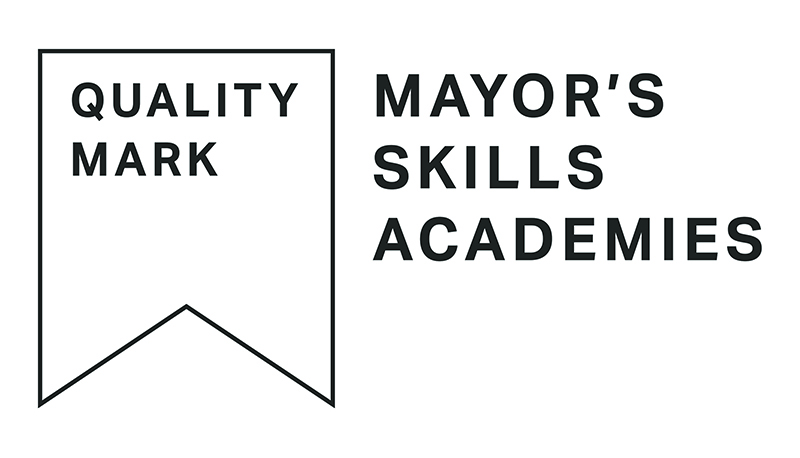As you near the end of your school days and GCSEs are on the horizon, you will be thinking about what to do next. Should you go on to sixth form, a college or something else?
Researching and thinking carefully about your options could pay dividends in the future — because the type of qualification you choose may impact the pathway to your future career.
But how do you decide what is right for you — and what are the differences, pros and cons, of choosing an A Level route or a BTEC route?
What is a BTEC?
BTECs are Business and Technology Education Council qualifications which focus on vocational skills for a particular industry. They are more ‘hands-on’ than A Levels, offering a practical approach to learning with a large percentage of coursework and a small percentage of exams. They suit students who do not like the pressure of exams at the end of a 2-year period of study, and who are fairly sure they want to work in a particular sector, which may be in construction, hairdressing, TV and film, business administration, or IT — to name just a few.
The widest range of Level 3 BTEC Extended Diplomas are offered at further education colleges with school sixth forms or sixth form colleges also offering a more limited choice. They are becoming increasingly popular because they are valued by employers, offer work experience, and are equivalent to 3 A Levels in UCAS points, so they can lead to university degree study.
Consider how you like to learn
Although they provide flexible learning, the drawback to studying a BTEC may be that it will have a particular career focus and therefore this can narrow down options later on if a student has a change of heart on the type of work they want to do.
But they are the best preparation for the world of work because they give students academic and practical knowledge and skills in a wide subject area. Often parents and students look at them as an easier option — but beware! They are not easier than A Levels — they just provide a different way of learning.
Consider how you like to learn and what suits you. How do you like to be assessed? What motivates you to achieve the best outcome? Do you like the thought of work experience where you will have a real-life experience, learning from people working in the industry? Do you learn best by carrying out tasks, rather than merely writing about them? Do you like to be taught skills that can be applied in a working world?
If you’re not great at revision or sitting exams under pressure, you may find a BTEC more suitable because it offers coursework which — although governed by deadlines — can be completed throughout the course rather than sitting one or two big final exams at the end.
To study BTECs, you usually need at least five GCSEs at grades 9 to 4. The assessment grades of a BTEC are Distinction*, Distinction, Merit or Pass. It is generally considered that Distinction* is equivalent to an A* grade in A Level, Distinction is equivalent to an A, Merit a B and Pass a C.
They can lead to further study at university, apprenticeships, direct to employment or an industry training scheme.
Should I choose A Levels?
A Levels are Advanced Level qualifications which require committed study. They are classroom based and concentrate on theories and analysis, with very little or no practical elements.
A student must choose 3 different A Levels — so if you’re unsure of what career interests you, or you want to keep your options open, the A Level route may be the best one for you because you can study subjects that you are good at and that interest you, knowing they can lead to a variety of different progression routes and jobs.
A Levels are graded at A*, A, B, C, D and E and these grades are awarded based on performance solely in final exams. So, if you get your best marks working under pressure, thrive under test conditions and do not mind the intense revision leading up to exams, A Levels may be a good fit for you.
How are A Levels taught?
Teachers will employ all types of methods in A Level tuition, but in the main they are classroom-focused qualifications with more abstract learning methods, involving essays, analysis, theories, concepts and evaluations.
They focus on high academic achievement and university progression. Students develop higher order critical thinking skills as well as developing their own coherent arguments.
They are desirable to employers because they know that A Level teaching involves questioning the world around you and developing independent thought.
You can progress to almost anywhere from successful A Level study — university, higher-level apprenticeships, further study or direct into employment. The most common progression route is to degree study at university.
To study A Levels, you usually need at least five GCSEs at grades 9 to 5, with many individual subjects having specific higher GCSE entry requirements.
So, the choice is yours! It is definitely not one size fits all. Do your research, weigh up your strengths and weaknesses and choose the qualification that will give you the best chance of success and the easiest route into your future career.
New City College has the widest range of BTEC and A Level qualifications in East London and Essex.
Apply today and visit us at our Open Event to find out more.












































